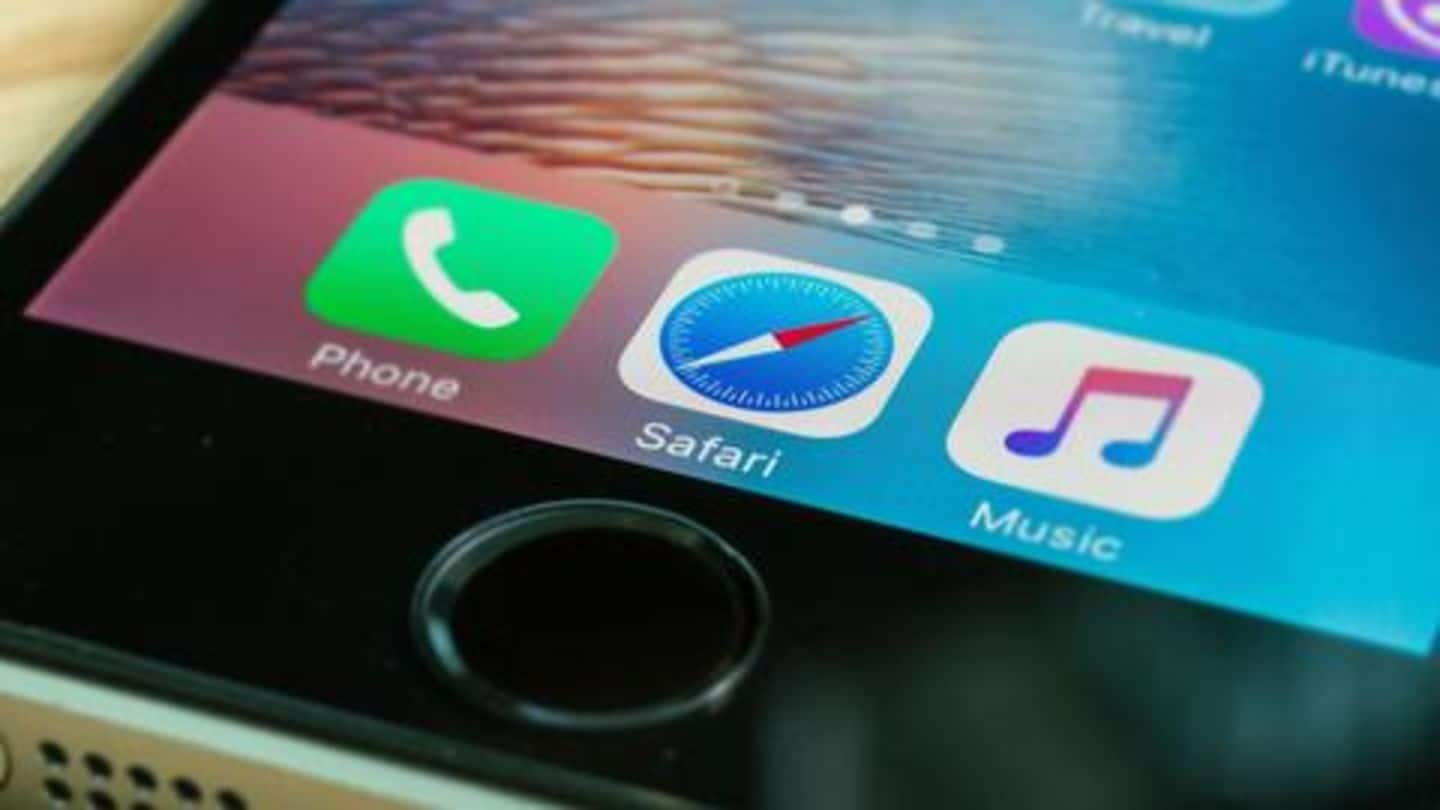
Apple defends its move of sending data to Chinese company
What's the story
Just a day after facing flak for sending Safari browsing data to Chinese giant Tencent, Apple has responded to the criticism, defending the way it shares information. The Cupertino giant has said it protects user data on its own systems and doesn't share personally identifiable information or website data with any company, including Tencent. Here's all about it.
Sharing
Data sharing for fraudulent website warning system
The data-sharing issue ties to the 'fraudulent website warning' feature that Apple offers on Safari for Mac, iPhones, and iPads. The capability, according to an Apple disclaimer found in Safari settings, shares website information with Tencent and Google Safe Browsing to check if a page visited by a user is malicious/fraudulent. If the system flags malicious activity, the user is prevented from opening it.
Concerns
This triggered a wave of concerns from privacy advocates
The language in Apple's documentation indicated that this browsing data may also include IP addresses, which the two companies may log in their systems - Tencent for Chinese users and Google for other regions. This raised major alarms as Tencent has close ties with the Chinese government, which may seek all this information to de-anonymize and track a user, say a political dissident.
Apple's response
Now, Apple says it safeguards user information
Amid the concerns, Apple has issued a statement clarifying that it doesn't actually share website data or browsing data with Tencent or Google. Instead, the company said, it receives a list of malicious and fraudulent websites from the two companies and uses it to check if a page being opened is malicious or not - on the device itself.
Details
IP addresses are sent if a malicious website is found
In addition to this, the US giant noted that a web address is never shared with Tencent or Google. Some IP addresses may go to the two companies but that happens only when a website is found to be unsafe and a warning is issued for the user. The feature remains on by default but can also be turned off if needed, Apple emphasized.
Information
How to turn of Fraudulent Website Warning
If you still find this feature scary, simply stop data-sharing by heading over to Settings > Safari and turning 'Fraudulent Website Warning' off. Doing this will keep your browsing data safe, but will make you susceptible to unsafe websites.